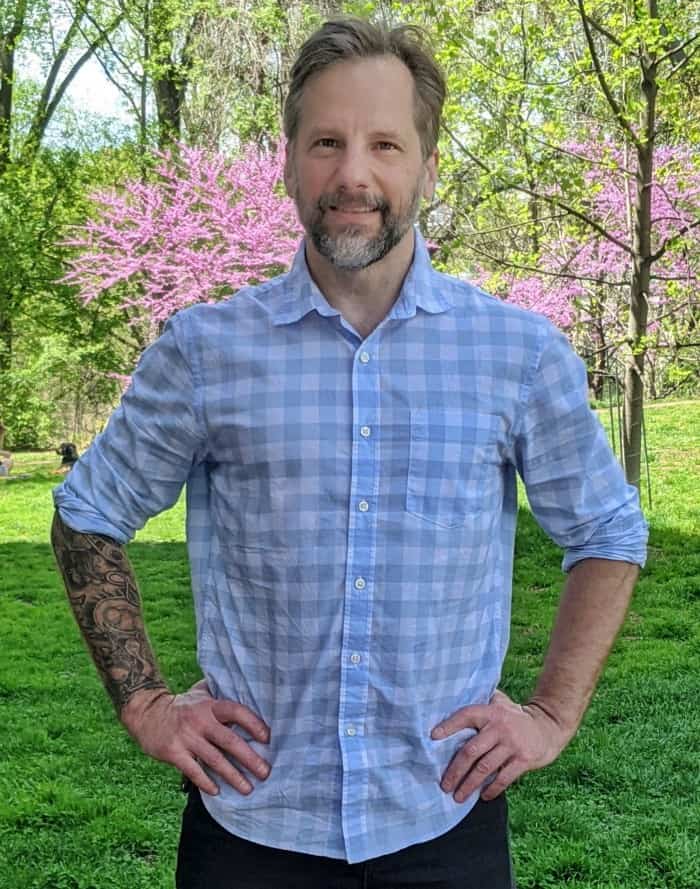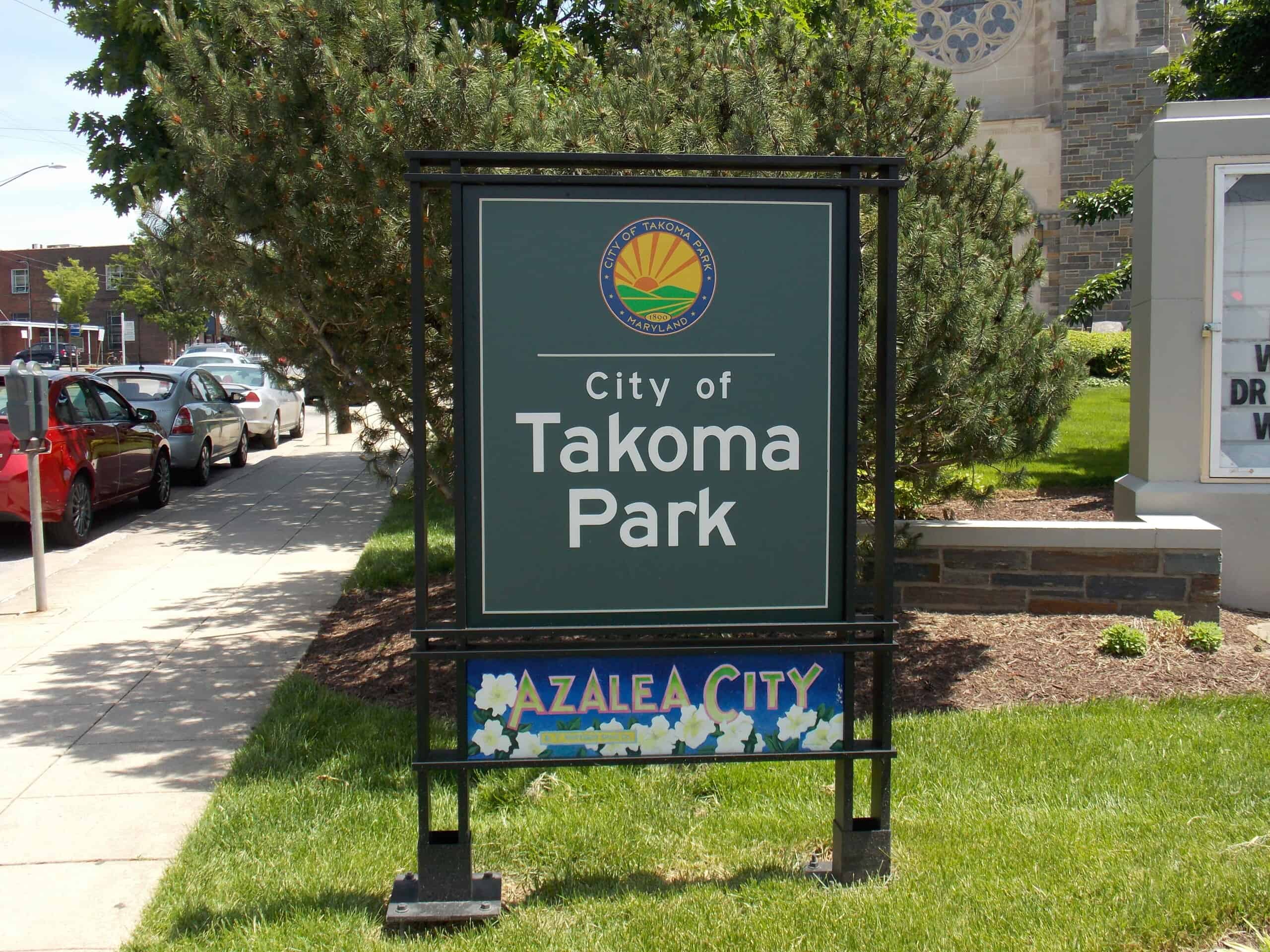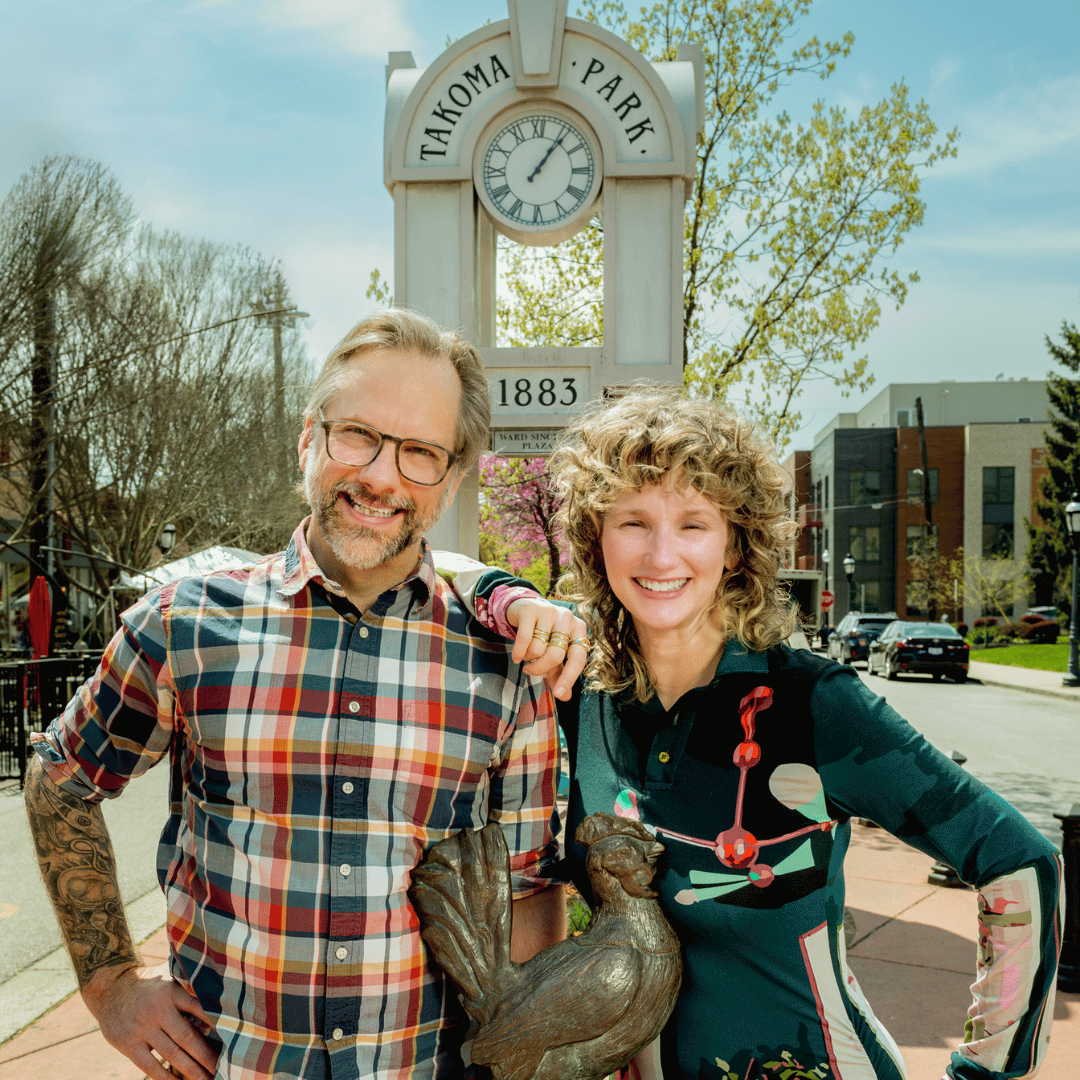Wealthtender is a trusted, independent financial directory and educational resource governed by our strict Editorial Policy, Integrity Standards, and Terms of Use. While we receive compensation from featured professionals (a natural conflict of interest), we always operate with integrity and transparency to earn your trust. Wealthtender is not a client of these providers. ➡️ Find a Local Advisor | 🎯 Find a Specialist Advisor

David Creekmore is President of Lifetime Financial. He previously worked for a variety of nonprofits and is a longtime Takoma Park resident.
This interview has been edited lightly.
Why did you create Lifetime Financial?
As a CFO/COO for nonprofits like Internews and the Corporation for Public Broadcasting, I saw a need for nonprofit professionals to get quality financial planning and investment management. They typically earn less than they could at a for-profit company. Though their lifetime earnings will probably be adequate, they have less room to make mistakes and benefit more from financial optimization.
It’s not a big pivot from my CFO/COO roots. I’m just switching from organizations to individuals. I love people and I love optimizing and I think it’s important to contribute to a better future.
However, Lifetime Financial has morphed into something more important to me. My wife, the mother of my two daughters, died from breast cancer in 2012. We spent the years before she passed traveling to over 40 countries with our young girls. It was financially risky, but we did it anyway. I would have a larger 401(k) now if we hadn’t, but who cares? We have stellar memories and stories with her.
I’m trying to keep that ethos alive with clients. Last year I became a Registered Financial Life Planner with the Kinder Institute. I learned how to encourage clients to do fulfilling things they might otherwise have been afraid to do because of money fears. I still develop a safe, smart plan for retirement, but together the client and I find balance that leads to a flourishing life.
How big is the Lifetime Financial team?
I’m the only registered financial advisor, and will most likely, keep it that way. I like the personal connection with the community of families I help. There is a small part-time team behind me for administrative support.
‘Solo’ firms are interesting these days. There is a growing micro-industry of fee-only, fiduciary, solo/tiny investment advisory firms that are trying to change this Wall Street industry. It has a lousy reputation and is ripe to be disrupted. There are dozens of other advisors that I can tap for advice or answers.
What’s a typical day at the office look like for you?

In the afternoon I see clients, prospects, pro bono families and other advisors by Zoom most days. But, more and more, folks are coming into the office. I love that.
I’m a coffee aficionado and have been roasting my own beans for a few years. My day always starts with an Ethiopian pour-over and reading the news. The Onewheel (electric skateboard) gets me downtown in eight minutes to my space at 7000 Carroll Avenue. I water my many plants, put on some old punk rock like The Clash or X and work on client plans in the morning.
What news outlets do you rely upon for your work? How much time would you say you spend reading?
A few hours a day? Journalism is particularly important to me. My late wife was a journalist and I worked at media-oriented nonprofits. Journalism is a civil service, and they [journalists] deserve to be paid and respected more. I take journalists, teachers, and government workers as clients, as well as nonprofit professionals.
I read mainstream media outlets: The New York Times, The Economist, The Wall Street Journal, The Washington Post. I rarely read the opinion sections of any of them, to be honest. Classic reporting is my interest.
For investing and financial planning, I like and read Morningstar a lot. I was a member of the ‘Vanguard Diehards’ group on the Morningstar forums in the 90s. It morphed into Bogleheads, which is the best online community for individual investors.
I also read journals like the Journal of Financial Planning and the Journal of Finance. I write a weekly blog in which I attempt to synthesize a complex subject in finance or investing in 750 words and still be interesting.
What are a couple of the most common mistakes people make when it comes to financial or retirement planning?
Oh, it’s a variety of things: not enough equities, not well diversified, paying high fees in old 401(k)s/403(b)s, inadequate life or umbrella liability insurance, no will, too much cash in the checking account.
The biggest mistake I see is that they simply do not know if they are saving too little or too much to meet their financial goals.
How would you describe the Takoma community?
I’ve been here for 20 years. I’m a single empty-nester and could easily have left but I doubled down. Now it’s both my home and office location.
What I have always loved about Takoma Park is that it has an identity. I may not love every aspect of it, no one does. Still, it’s distinctive and peculiar. I see this reflected in my kids who are so happy to have grown up in Takoma Park. They think it’s a goofy place, but they are proud to belong to a place with character.
This article originally appeared on Medium and has been republished with permission.
Featured image credit: Farragutful, CC BY-SA 3.0 https://creativecommons.org/licenses/by-sa/3.0, via Wikimedia Commons

About the Author
Taylor Dibbert
Taylor Dibbert is a writer and journalist. He’s author of the Peace Corps memoir “Fiesta of Sunset,” and is seeking representation for his first novel. Follow Taylor on Medium.
Wealthtender is a trusted, independent financial directory and educational resource governed by our strict Editorial Policy, Integrity Standards, and Terms of Use. While we receive compensation from featured professionals (a natural conflict of interest), we always operate with integrity and transparency to earn your trust. Wealthtender is not a client of these providers. ➡️ Find a Local Advisor | 🎯 Find a Specialist Advisor


